‘The Railway Men’ Steams Through Bhopal’s Untold Tale With Grit And Heart
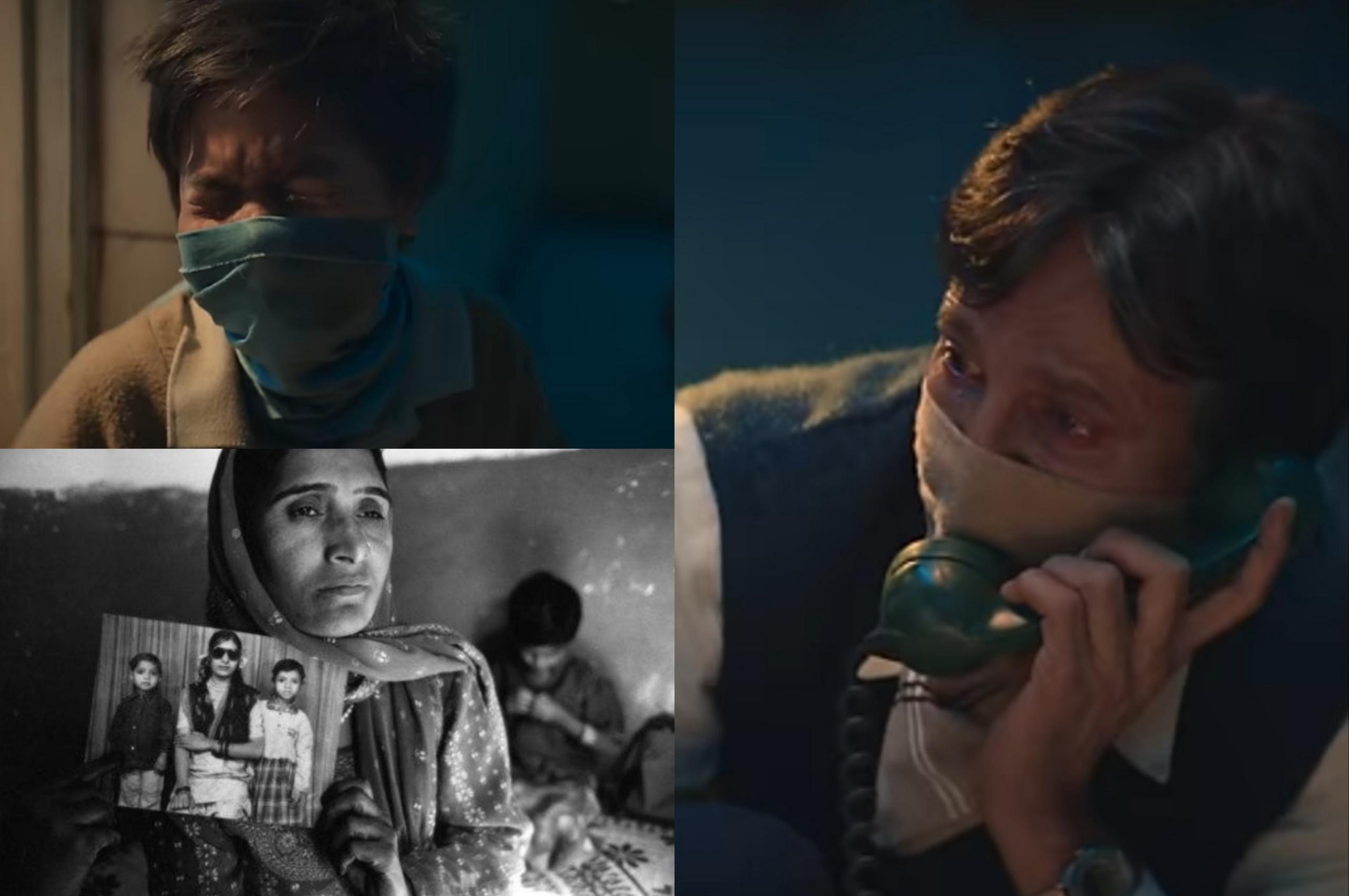 Thirsty for JUICE content? Quench your cravings on our Instagram, TikTok and WhatsApp
Thirsty for JUICE content? Quench your cravings on our Instagram, TikTok and WhatsApp
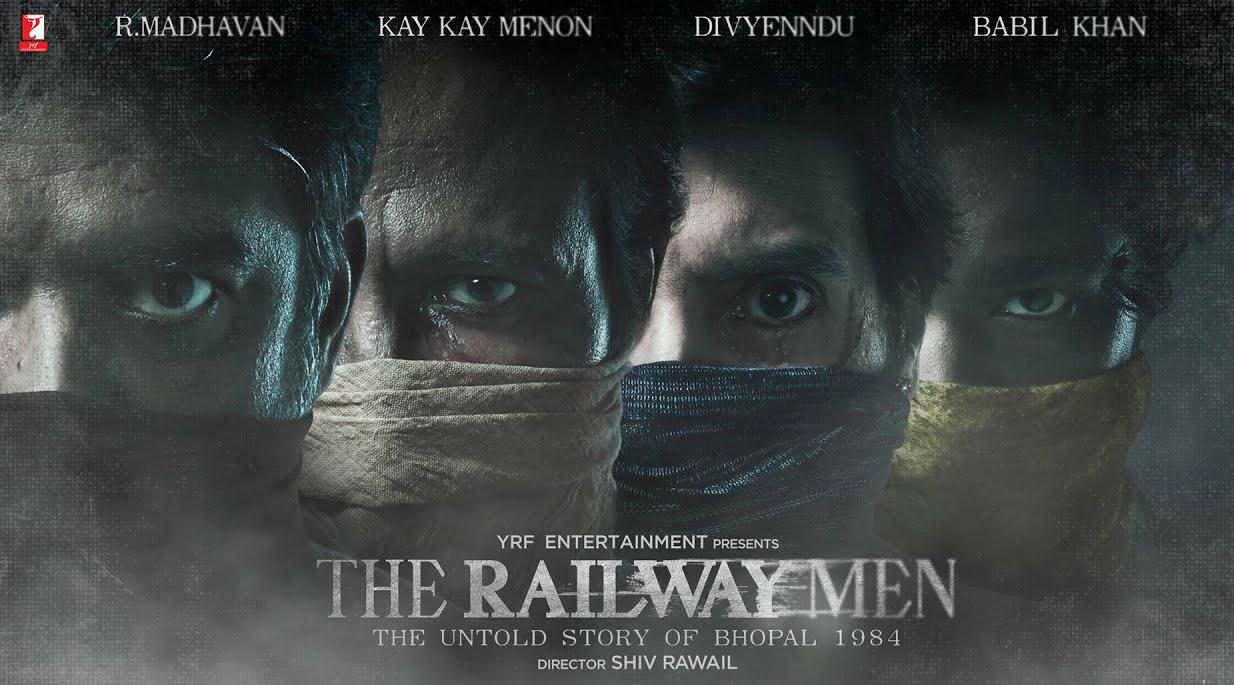
The Railway Men, a captivating four-episode historical drama now streaming on Netflix, thrusts viewers into the heart of the 1984 Bhopal gas tragedy, unraveling a tale of unsung heroes against the chilling backdrop of corporate negligence and the resilience of a community.
Produced by YRF Entertainment, the series boasts a powerhouse cast, including Kay Kay Menon, Divyenndu, R. Madhavan (handsome as ever, BTW), and the emerging Babil Khan, son of the legendary, late Irrfan Khan.
Disclaimer: This article provides an in-depth discussion of the series, ensuring that no significant spoilers are disclosed.

The established actors bring their seasoned prowess to the screen, but it’s the inclusion of rising talents that adds depth and authenticity to the ensemble. Babil, in particular, stands out not only for his natural, impeccable performance but also for his astute role selection, marking him as a talent to watch.
The narrative focuses on the night of the disaster at Bhopal Junction railway station, where railway workers, led by the heroic station master Ghulam Dastagir and his team, became unexpected saviours. These ordinary individuals, who found themselves plighted by an extraordinary situation, are at the core of a story that transcends the confines of a mere retelling.
Watch the trailer here:
To circumvent spoilers, let’s simply categorise it as an enthralling narrative portraying the remarkable bravery of everyday individuals – each grappling with their own fears, motivations, and, I dare say, demons.
The series has not been immune to criticism for its intricate web of subplots. Nevertheless, my perspective leans toward an appreciation for its adept handling of the tragic event – a balanced approach marked by seriousness and respect without going overboard with the dramatic impact. It’s also worth mentioning that many of these auxiliary narratives were founded on true events, including the startling fate of the stationmaster that I can’t openly tell you about just yet.
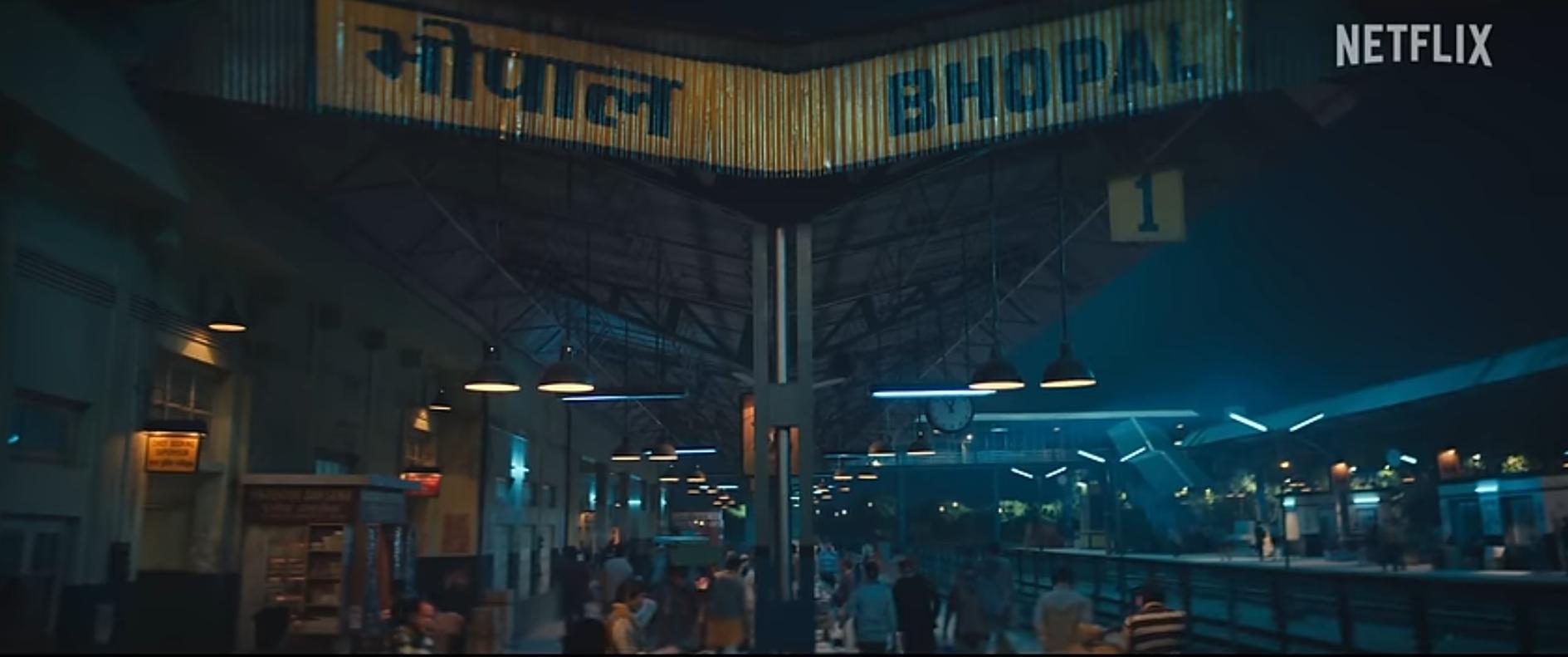
Beyond celebrating the unsung heroes, the series masterfully weaves in the narratives of everyday citizens – pregnant women, children, and even unsuspecting pilgrims flooding Bhopal Station at the most unfortunate time – all caught in the web of tragedy. The inclusion of the witty Express Bandit adds a touch of flair, providing a tasteful dramatic arc that, as mentioned before, does not overshadow the gravity of the real-life events.
The Railway Men is also a bold confrontation of the callous negligence and unaccountable attitudes of capitalism. The series does not shy away from exposing the profit-driven motives that endangered countless lives, echoing a narrative that still resonates in contemporary discussions about corporate responsibility.

Though at times slightly difficult to follow, it also delves into the intricate dynamics of human response to adversity, from regular citizens to hesitant authorities.
The Railway Men captures both the divisions and unifying moments among individuals in times of need – encapsulating the multifaceted human experience that we are all too familiar with. These are panned out pretty evenly throughout the four episodes, so you really just need to take your time with it.
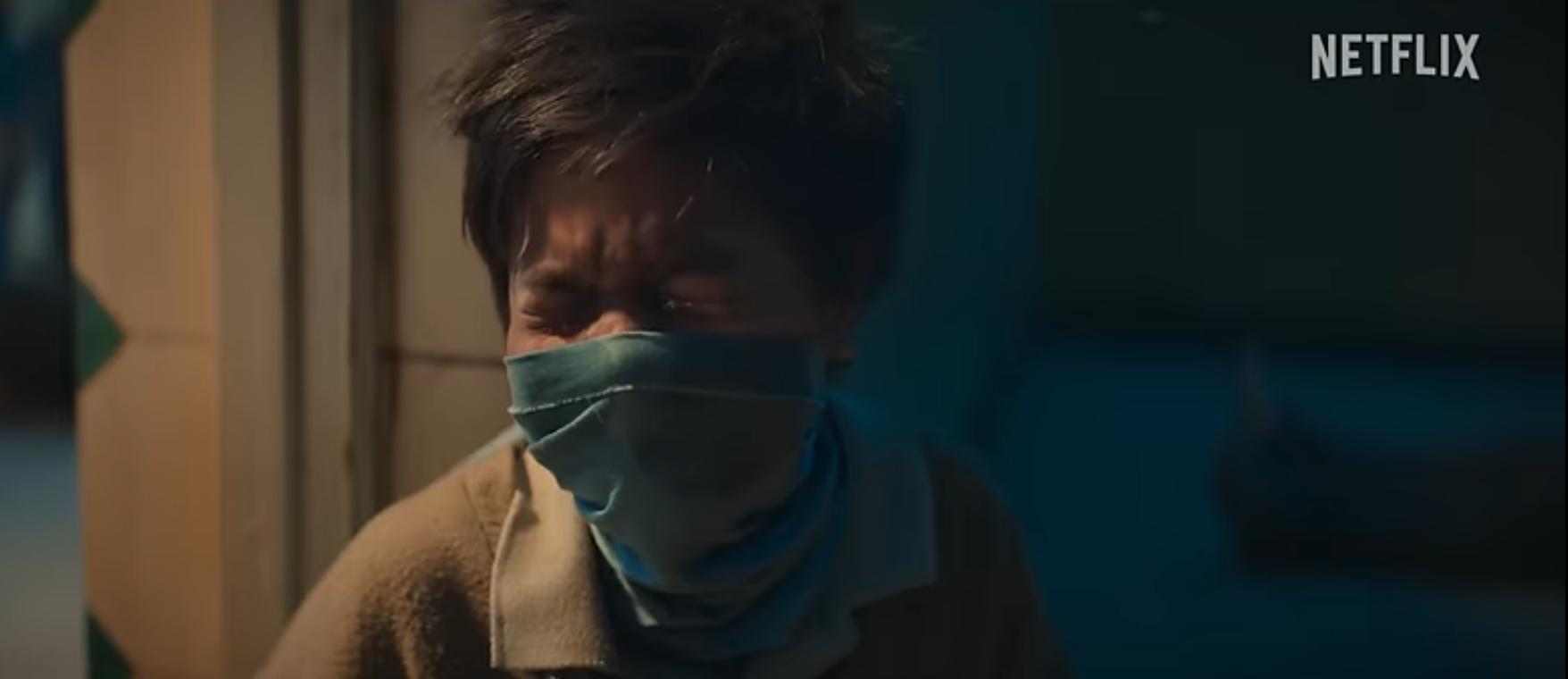
The aftermath of the tragedy, as depicted in the series, goes beyond the immediate incident. It explores the profound and lasting impact on affected individuals, including chronic health problems and birth defects, underscoring the series’ commitment to portraying the long-lasting effects on the health and lives of the people of Bhopal.
The inequities in the legal and corporate responses, including the UCC’s $470 million settlement with the Indian government, are starkly presented, not only inviting critical reflection on accountability and justice, but putting into perspective the long-term damage of this incident, hailed as one of the worst industrial disasters of all time.
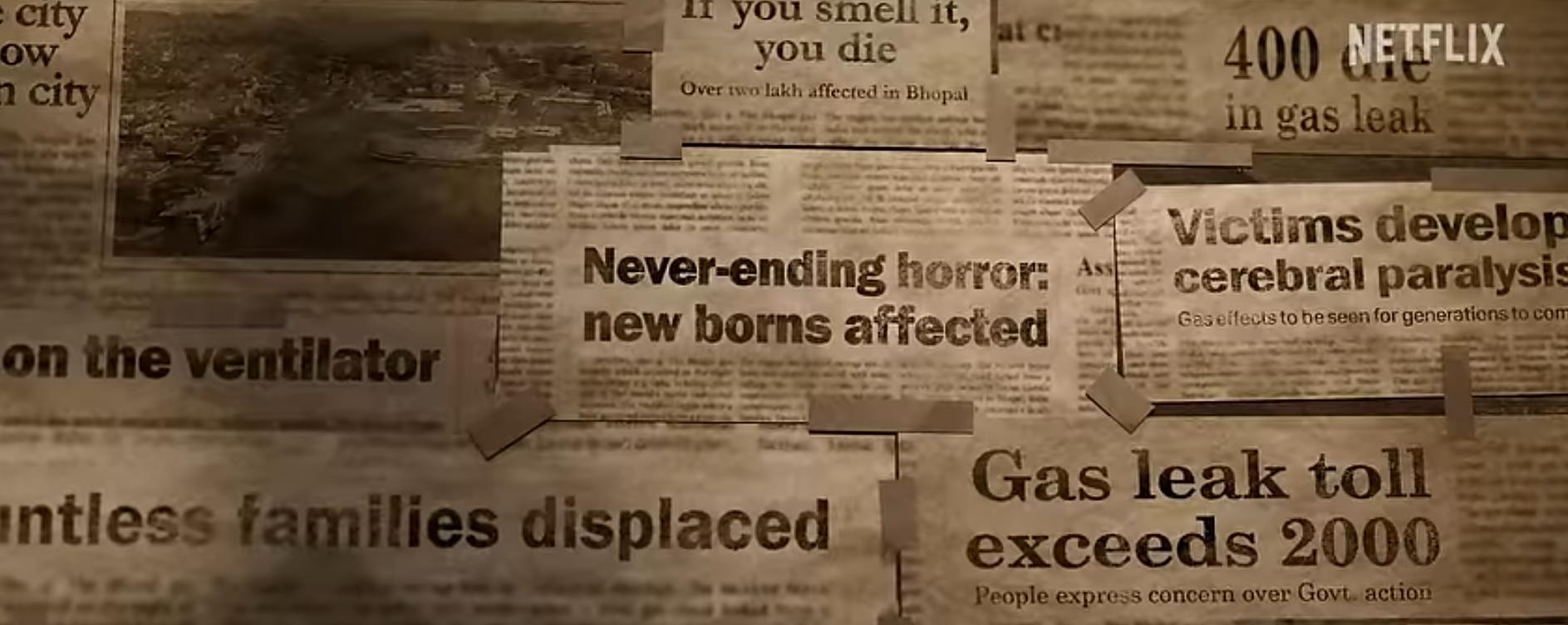
The immediate death toll from the Bhopal gas leak is estimated to be between 3,800 and 8,000 people. However, the long-term health effects and related deaths have prevailed for years, with the exact number remaining a subject of debate due to challenges in accurately documenting and attributing deaths and health problems to the gas leak. The series places the number at approximately 15,000.
According to Live Law, two former employees of Union Carbide India Limited, who were convicted in connection with the Bhopal gas leak case, sought to prevent the release of a show related to the incident. Their plea was rejected by the Bombay High Court, and despite their legal efforts, the series proceeded with its release on Netflix on 18 November 2023 – two weeks before the 39th anniversary of the explosion.

In yet another spirited move, The Railway Men delves into the socio-political landscape of the time, touching upon the assassination of Indira Gandhi and its reverberations among Sikhs, unflinchingly exposing the systemic issues that perpetuated the tragedy, and successfully showcasing a story that extends beyond the chemical disaster to reveal broader societal tensions and injustices that remain prevalent in Asian countries to this day.
With that, it’s safe to say the series is not for the faint-hearted, what more with scenes portraying the raw and heart-wrenching realities of the Bhopal gas tragedy. This entails the inclusion of painfully poignant moments, such as an infant feeding on its deceased mother’s breast, and real-life photographs from the night of the tragedy.
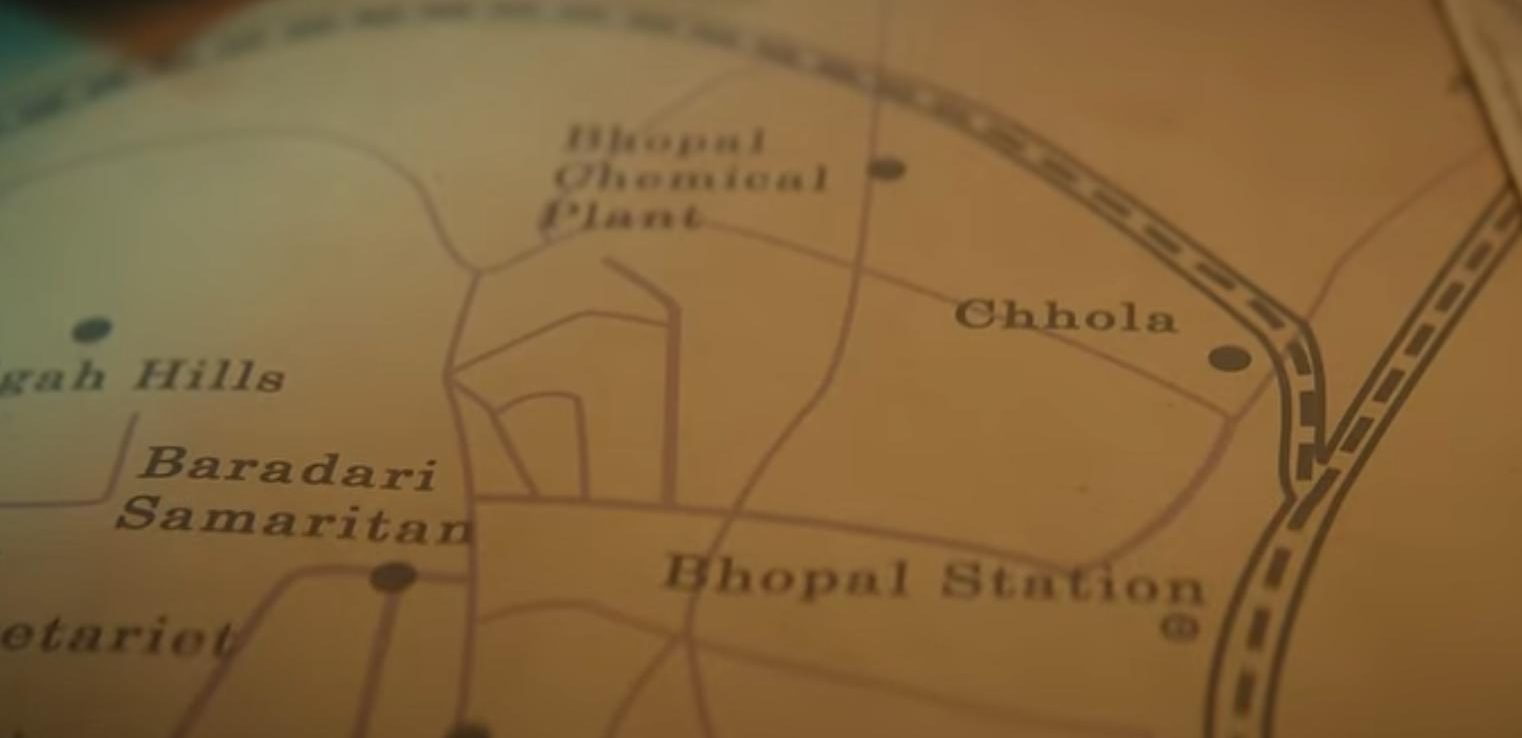
Being an Indian myself, my first awareness of the Bhopal gas leak incident came through a conversation between my grandmother and her sister. They recounted how they had feared for the wellbeing of our distant relatives residing in Kerala at the time, despite the town being over 1,000 kilometres away from the site. According to them, the fear of the gas spreading persisted throughout Southern India, prompting citizens, especially the elderly and pregnant, to take precautions by covering their faces.
Media coverage during that time was also limited, mirroring the portrayal in the film. It took about a fortnight for them to receive information about the gas, what more learn it was called methyl isocyanate (MIC). Even then, they believed that much of the information was kept undisclosed – and that would include this story of the railway men who coordinated the rescue of thousands of citizens against all odds.
All in all, The Railway Men is an emotionally charged and visceral experience that’s hard to swallow, but definitely worth digesting.


 Get Audio+
Get Audio+ Hot FM
Hot FM Kool 101
Kool 101 Eight FM
Eight FM Fly FM
Fly FM Molek FM
Molek FM


